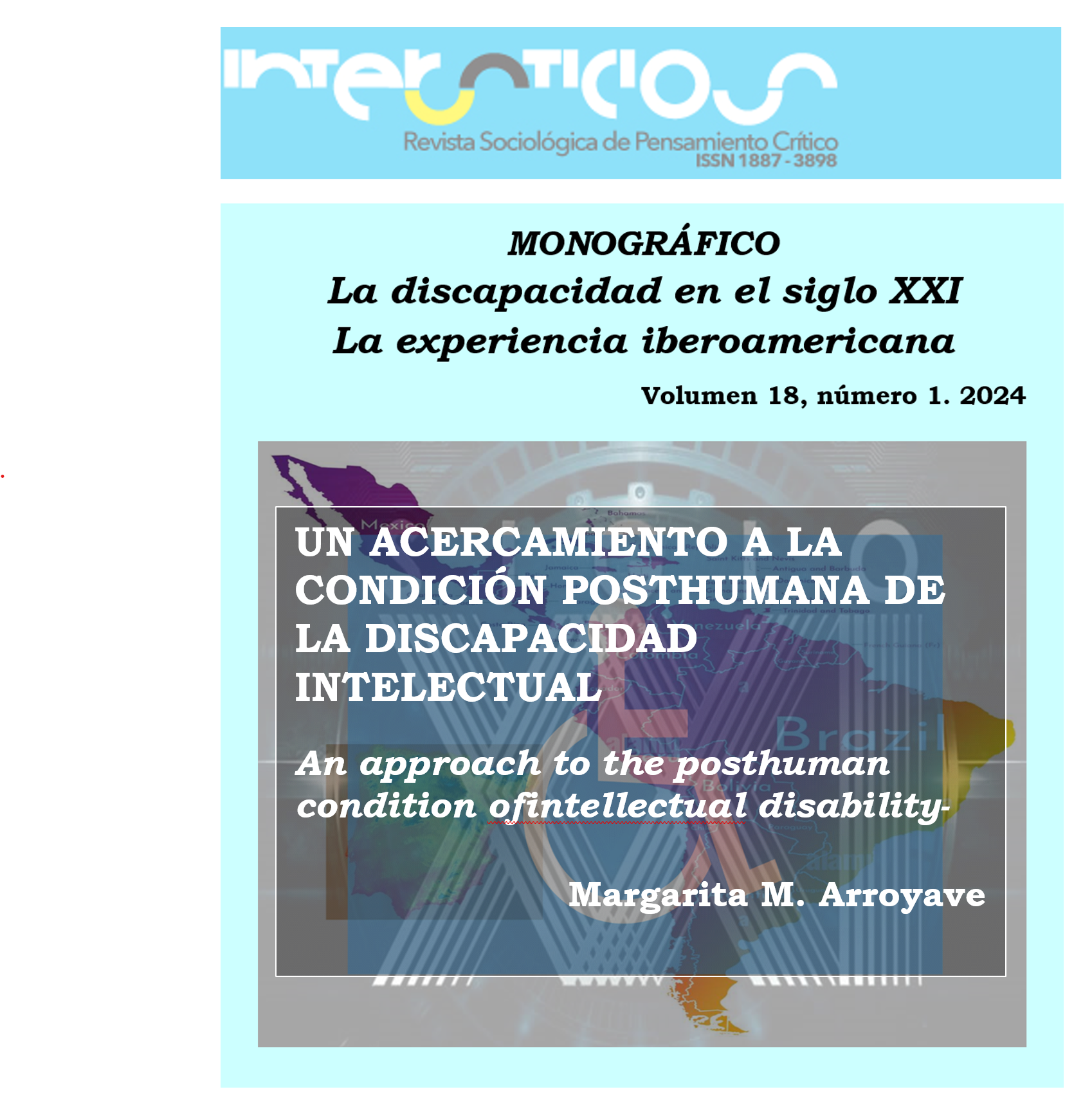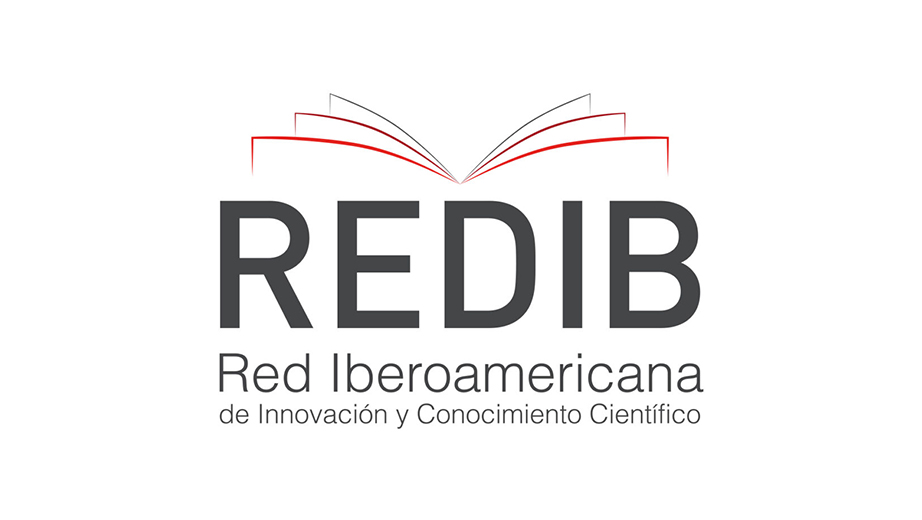An approach to the posthuman condition of intellectual disability
Keywords:
Intelectual disability, Posthumanism, Identity, SubjectivityAbstract
For a long time, intellectual disability was considered on the basis of parameters of normality and abnormality, a traditional binarism anchored to social attitudes trapped in the explanatory models of disability, and in the contextual factors that, according to social needs and values, determine what is adequate or inadequate, good or defective, socially healthy or sick. Analyzing the evolution of this concept in order to achieve a broader understanding of the posthuman condition of intellectual disability and its possibilities of development raises some questions, among them: what does this evolution and recurrent changes in the definition and diagnosis of intellectual disability suggest? What makes this diagnostic category not remain fixed over time? Why do the changes presented over the years describe a more real and individual human being from its variability, multiplicity and capacity? In this text I present a critical documentary review, in which milestones were selected that have noticed changes and alterations of meaning to understand intellectual disability; in order to unveil, and understand, from the posthuman condition proposed by Rosi Braidotti, issues that contribute to the slippage of discursive confines and categorical differences, imposed by humanism and anthropocentrism. It is concluded that further reflection on the experience of intellectual disability is required, highlighting the importance of subjectivity and human agency, accepting that there is no single way of being human.
References
Aguado D. L. A. (1995). Historia de las deficiencias. Madrid: Escuela libre.
Arroyave, (2012). La alfabetización digital en la conducta Adaptativa de adolescentes con Discapacidad intelectual. Tesis Doctoral. Universidad de Antioquia
Alonso, M. Á. V. (2011). Discapacidad intelectual: Definición, clasificación y sistemas de apoyo. Alianza Editorial.
Braidoti, R. (2005). Metamorfosis: hacia una teoría materialista del devenir.
Braidoti, R. (2015). Lo posthumano (Vol. 302622). Editorial GEDISA.
Griet R. & Braidotti, R. (2012). Nomadology and Subjectivity: Deleuze, Guattari and Critical Disability Studies. 10.1057/9781137023001_10.
Meléndez, L. (2002). La inclusión escolar del alumno con discapacidad intelectual. Bogotá. GLARP-IIPD. IIP-UCR.
Schalock, R. L., Luckasson, R., & Tassé, M. J. (2021). Definición, diagnóstico, clasificación y planificación de apoyos para personas con discapacidad intelectual: un consenso emergente.
Scheerenberger, R. C. (1984). Historia del retraso mental. San Sebastián. STIS.
Slee, R. (2012). La escuela extraordinaria. Exclusión, escolarización y educación inclusiva. Madrid: Morata.
Sartre, J.-P. (1984). El ser y la nada. Madrid: Alianza.
Ocampo, G. A. (2024). Estudios críticos de la discapacidad y neurodiversidad: desviaciones/imaginaciones analítico-metodológicas. Intersticios. Revista sociológica de pensamiento crítico, 17(2-1), 35-64. https://intersticios.es/article/view/23873
Thompson, R. J. et al. (2010). “Conceptualizando los apoyos y las necesidades de apoyo de las personas con discapacidad intelectual”. Siglo Cero: Revista Española sobre Discapacidad Intelectual, Vol. 41, N.º 233. Pp. 7-22.

Downloads
Published
Issue
Section
License
Copyright (c) 2024 Margarita Maria Arroyave Palacio

This work is licensed under a Creative Commons Attribution 4.0 International License.
p class="TEXTO-izquierda">Authors maintain the @copyright, giving to the journal the right of first editio.







